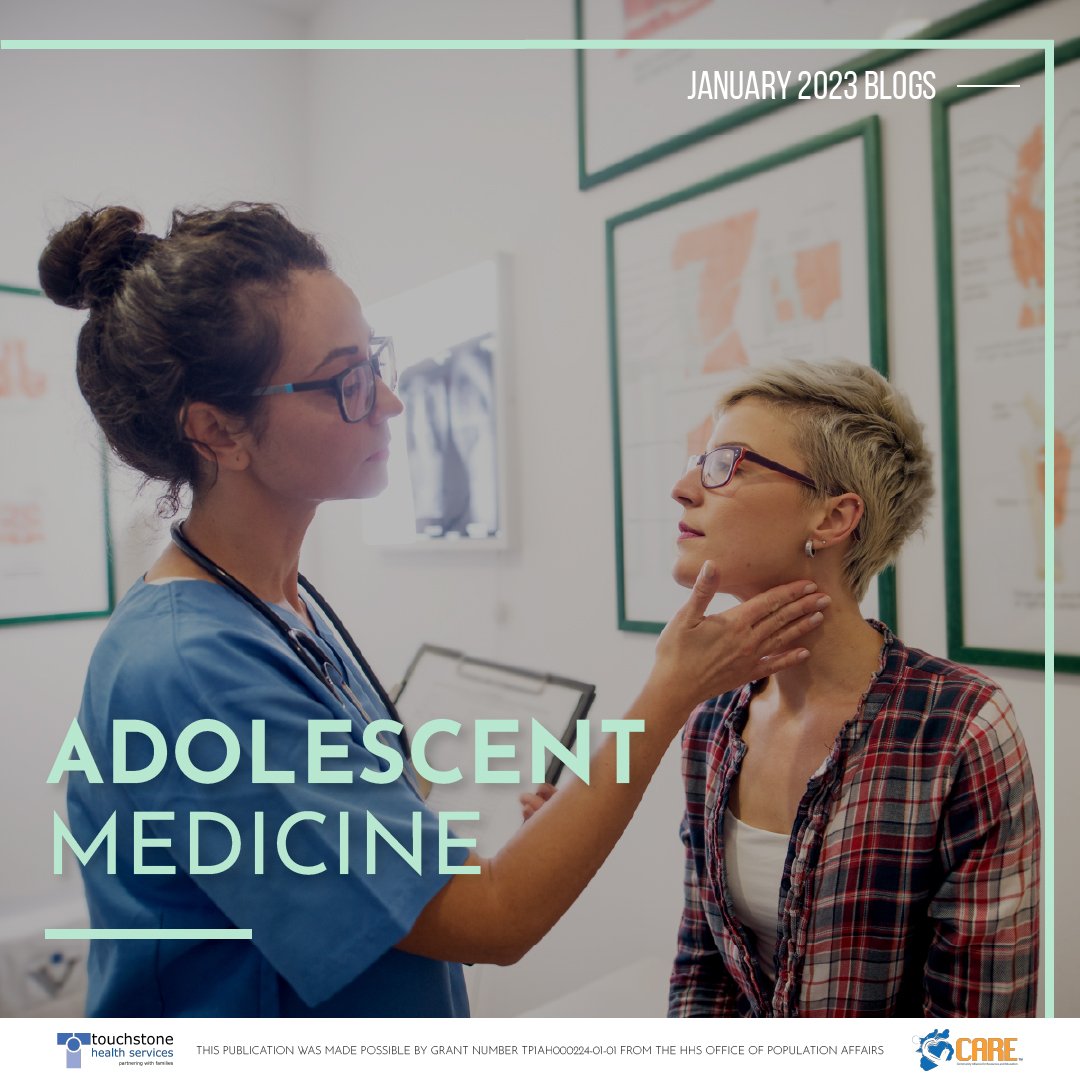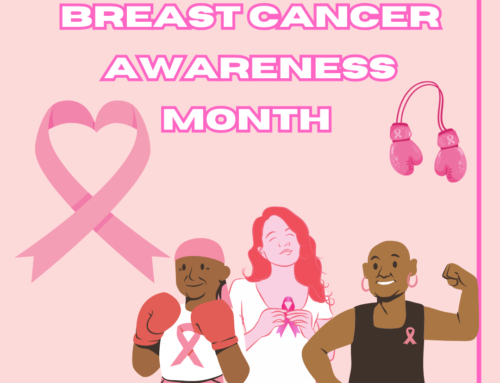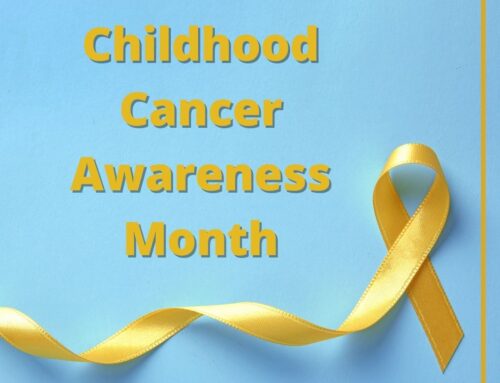Adolescent Medicine
Greetings Readers!
Do you know what adolescent medicine is? Adolescent medicine is a sub-specialty of pediatrics, family medicine, and internal medicine. They work to address specific needs that adolescents may have, so typically they treat patients from 10 to 21. In addition to providing primary care services like well-visits, sick visits, and immunizations, they provide specialty care too!
These specialists have further training in treating things like:
But you have a pediatrician, why would you seek out an adolescent medicine physician? Well, adolescent medicine physicians can provide specialized care for specific adolescent needs. This gives them more time to spend with each individual patient. Also, these clinics are typically tailored towards this age group, which means no baby toys!
Another benefit of seeking an adolescent medicine physician is that they focus on confidential care and consults. During a visit, they often set out time to have one on one conversations with just the patient. They do this because confidentiality concerns can be a barrier to adolescents receiving appropriate healthcare due to being hesitant about disclosing health concerns. Confidentiality refers to the protection of privileged and private information shared during a healthcare encounter and in medical records about the encounter.
Here are some facts that demonstrate how confidential consults can be beneficial to adolescent health.
As you can see, in the absence of confidentiality protections, adolescents may forgo or delay seeking care. These are just a few reasons why seeking an adolescent medicine physician may be beneficial!
So, now that you know what an adolescent medicine physician is, how can you find one? Typically, adolescent medicine physicians are connected to children’s hospitals, but can be found in university medical centers, private clinics, school health services, and many other places as well!
Here’s how YOU can be a Prevention Partner:






